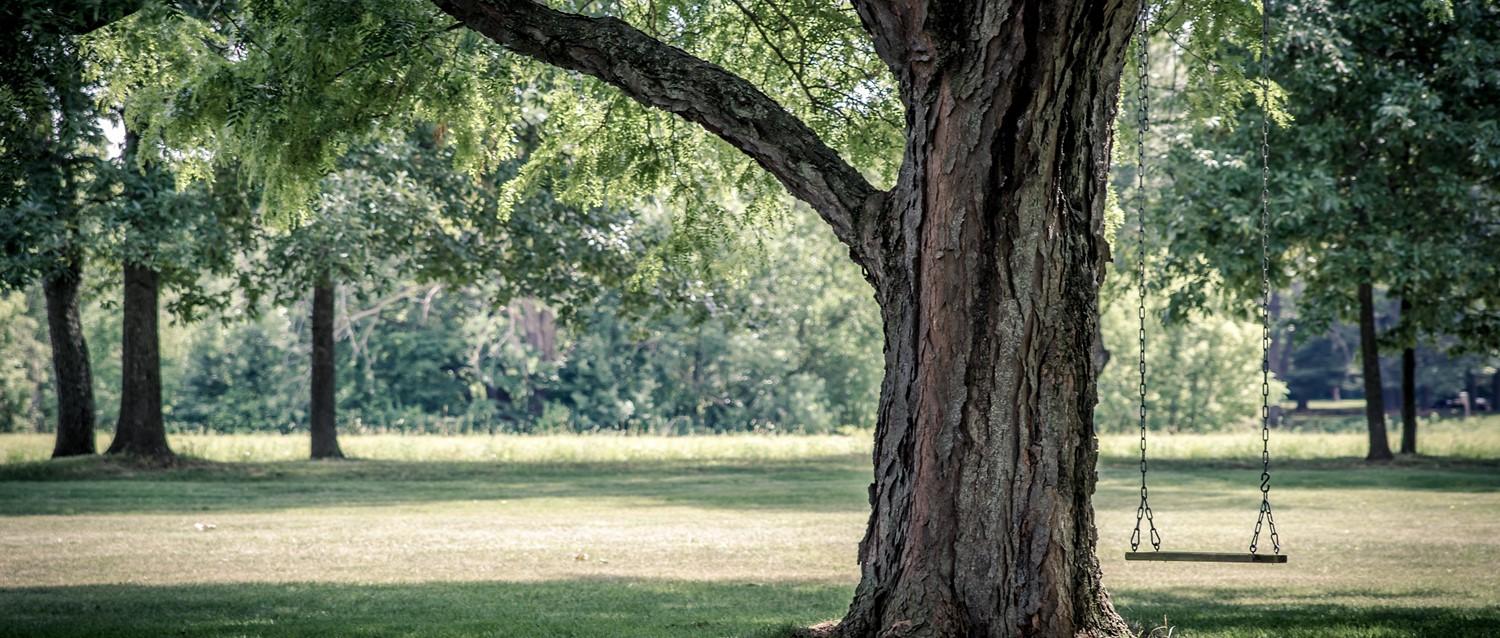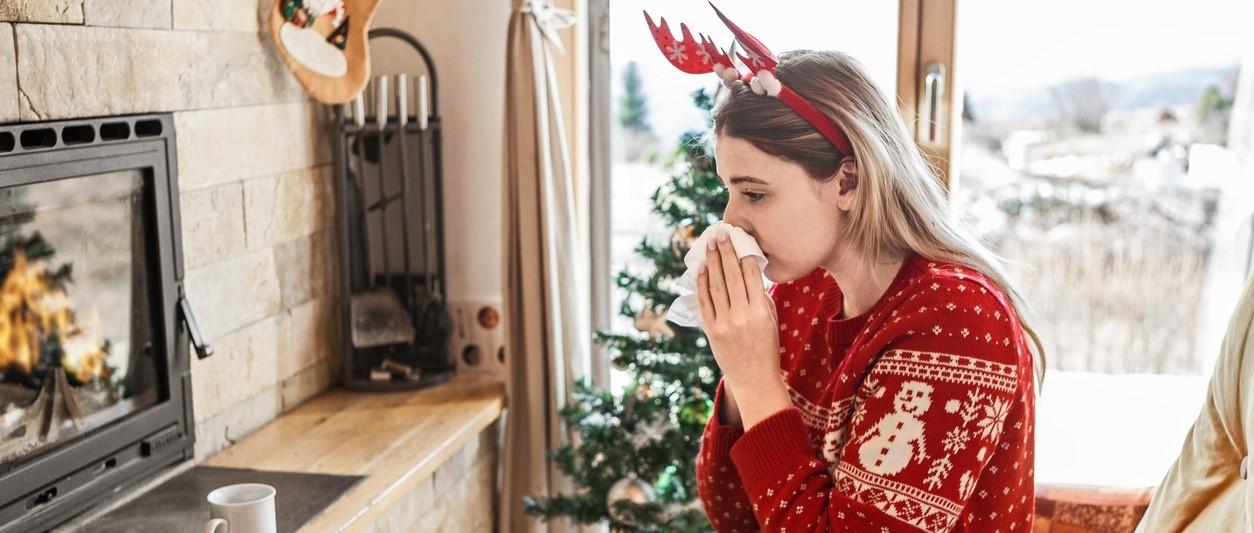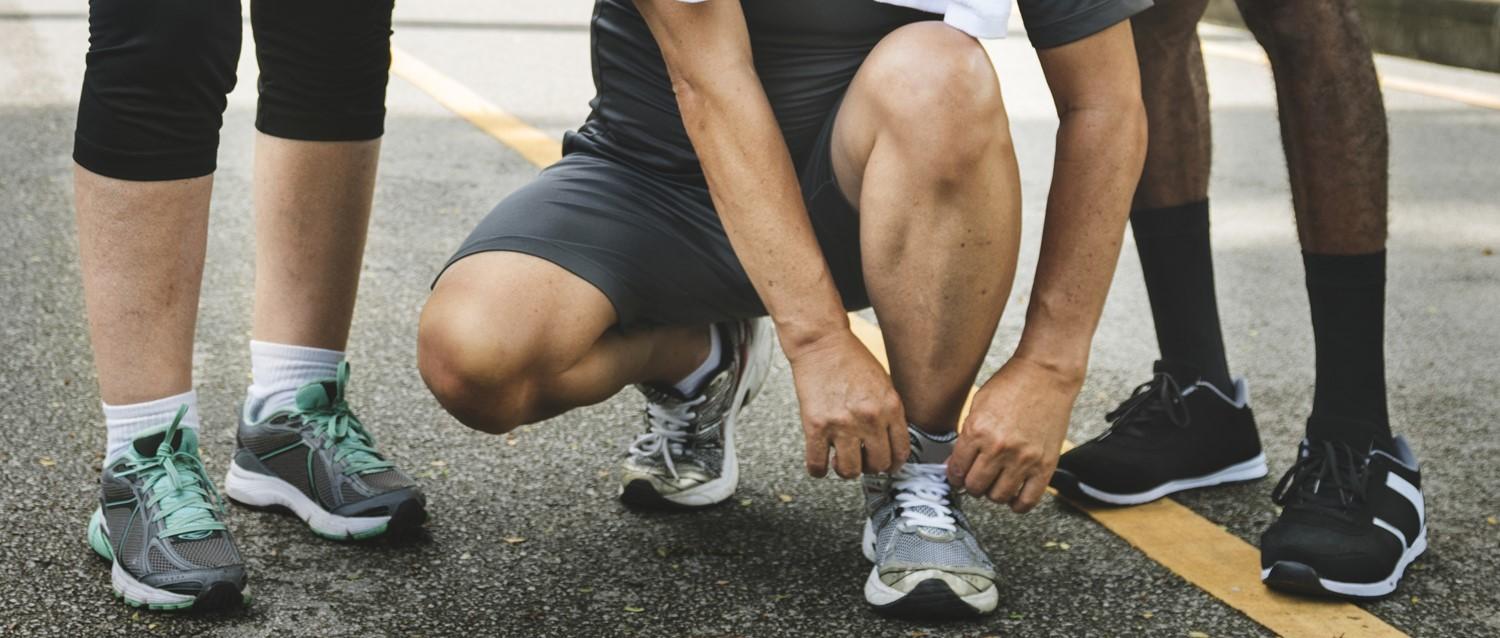
Coronavirus: why is outdoors safer than inside?
Peer reviewed by Dr Sarah Jarvis MBE, FRCGPLast updated by Natalie HealeyLast updated 15 Jun 2020
Meets Patient’s editorial guidelines
- DownloadDownload
- Share
- Language
- Discussion
Socialising with people outside your household is now permitted but only if you stay outside and remain two metres away from them. We explore why risk of coronavirus transmission is likely lower outdoors and what you still need to do to stay safe.
In this article:
Use Patient's coronavirus checker tool if you have any symptoms of fever, a new cough or loss of smell or taste. Until you have used the tool and been advised what action to take, please stay at home and avoid contact with other people.
Even when coronavirus rules were at their strictest, some freedoms were to be found outdoors. While we weren't allowed to meet people outside our household or sunbathe when UK lockdown was introduced on March 23, we were permitted to exercise outside once a day. For many, that daily jog or stroll through our immediate streets became a lifeline - a chance to engage with nature or focus on personal fitness during a strange and frightening period of adjustment.
On May 11, a slight easing of the rules was announced in England. Sunbathing was no longer banned, you could exercise outdoors for as long as you wanted to, and you were able to meet one person from another household outside, providing you stayed two metres away from them at all times.
On June 1, England loosened the restrictions further, permitting up to six people from separate households to meet in parks or private gardens as long as social distancing was observed. Some forms of exercise such as fishing, golf and tennis are now permitted. Slightly different rules are in place in Wales, Scotland and Northern Ireland.
For now, our social life is weather-permitting. Apart from the announcement on 10th June in England allowing an adult living alone (or with children under 18 years of age) to 'bubble' with a single other household, it's illegal for two people from different households to meet indoors in England. But how do we know the risk of coronavirus transmission is lower if we stay outside?
Continue reading below
The evidence
A study of 318 COVID-19 outbreak clusters in China, encompassing 1,245 confirmed cases across 120 cities, has provided some clues. Researchers discovered coronavirus transmission mostly occurred in the home and on public transport. Only one transmission occurred outside, where social distancing had not been observed.
"They discovered that of more than 1,200 contacts that were shown to have been infected, only one was outside and they admitted to being close together for over 15 minutes," says Professor Keith Neal, Emeritus Professor of the Epidemiology of Infectious Diseases at the University of Nottingham.
The research has yet to go through the standard scientific review process so the findings should be interpreted with caution. And the outbreaks analysed by the researchers occurred while much of China was under lockdown, meaning the chance of transmission outside of households was already less likely.
Coronavirus and fresh air
Back to contentsNevertheless, ventilation is likely important when it comes to preventing the spread of infection. Coronavirus can spread via contact with an infected surface, such as a door handle; and by breathing in viral particles from an infected person.
Viral particles can be released from coughs, sneezing and talking. And these particles can be transmitted in two forms: aerosols (small particles that stay suspended in the air); and droplets (larger particles which fall to the ground). Transmission from viral particles increases the closer you get to the person with COVID-19 and the longer you're in contact with them.
Outside, Neal explains, you're far less likely to touch an infected surface than you are indoors. While suspended, viral particles will get quickly diluted by fresh air and droplets will fall to the ground rapidly where they can no longer be breathed in.
"We're still not sure how significant aerosol is as a form of transmission but in any event, it will be dispersed in the air movements. And you always have air movements of some form outside," he explains.
It's also generally much easier to keep your distance from people outdoors.
"So when you're queuing outside Aldi to go shopping, not only is it easier to keep more than two metres apart from people, you've also got the air movements distributing the droplets and aerosol particles completely and there are no surfaces to touch."
UV from sunlight may also destroy virus particles left on surfaces outside - but further research is needed to determine how much this affects the coronavirus that causes COVID-19.
Continue reading below
Staying safe outside
Back to contentsIf you are heading outside to meet a friend or exercise with others, it's still important to follow the guidelines. Although the risk of transmission of coronavirus is lower outside than indoors, it is not zero.
Self-isolate if you have symptoms
You mustn't leave your house if you have any coronavirus symptoms (such as a continuous cough, a high temperature or a loss of smell or taste). If any member of your household has symptoms, everyone should isolate until that person has been tested and the result received - and if they test positive, everyone else must isolate for 14 days.
Remember that in England and Wales, anyone with symptoms is eligible for testing. in Northern Ireland and Scotland, anyone aged over 5 years who's symptomatic can apply for a test.
Wash your hands
Practising good hand hygiene will still help to stop the spread of coronavirus. Wash your hands with soap and water for 20 seconds before leaving the house to go outdoors, and wash them again as soon as you return.
Keep your distance and avoid crowds
Viral transmission is still possible outdoors, particularly if you're in close proximity with a lot of people. You want to avoid crowds as much as you possibly can.
And while it's tempting to hug a friend or family member outdoors, for the moment you need to resist and stay at least two metres apart during the meeting. The further away you are from a person, the lower the risk of transmitting the virus. And don't share food, drinks or utensils with anyone from outside your household.
Limit the number of people you see
Even though you're allowed to meet up to five people from different households in England, it's a good idea to restrict your contacts as much as possible, so you're not meeting lots of different people during the lockdown.
"As long as you're not mixing with lots of different people then you won't be spreading infection between groups, which is why there's there's a limit on how many people you can meet," says Neal. "Ideally, if you meet the same people, the risk is even less."
Consider a mask
It's not mandatory to wear a mask outdoors in most situations, but it's good to carry one in your bag in case you end up going somewhere where social distancing isn't possible, such as a supermarket.
From 15th June, face coverings will be required while using public transport or visiting a hospital or general practice in England. Read our advice on the correct way to wear a mask to protect yourself and others from infection.
Patient picks for General information

COVID-19
Is it COVID-19 or flu this winter?
Cases of flu and COVID-19 are both on the rise this winter, so how can you tell the difference between these viruses? Knowing which illness you're dealing with can help you to protect others and may help you get better quicker.
by Lawrence Higgins

COVID-19
Can lifestyle changes reduce your COVID-19 risk?
During the COVID-19 pandemic, we're all doing our bit to keep ourselves and others safe. Following guidelines, wearing masks when advised and practising social distancing can all help to reduce the spread of the virus. But is there anything we can do to reduce our personal risk of contracting the virus, or our risk of serious disease if we do get infected?
by Gillian Harvey
Continue reading below
Article history
The information on this page is peer reviewed by qualified clinicians.
15 Jun 2020 | Latest version

Ask, share, connect.
Browse discussions, ask questions, and share experiences across hundreds of health topics.

Feeling unwell?
Assess your symptoms online for free
Sign up to the Patient newsletter
Your weekly dose of clear, trustworthy health advice - written to help you feel informed, confident and in control.
By subscribing you accept our Privacy Policy. You can unsubscribe at any time. We never sell your data.